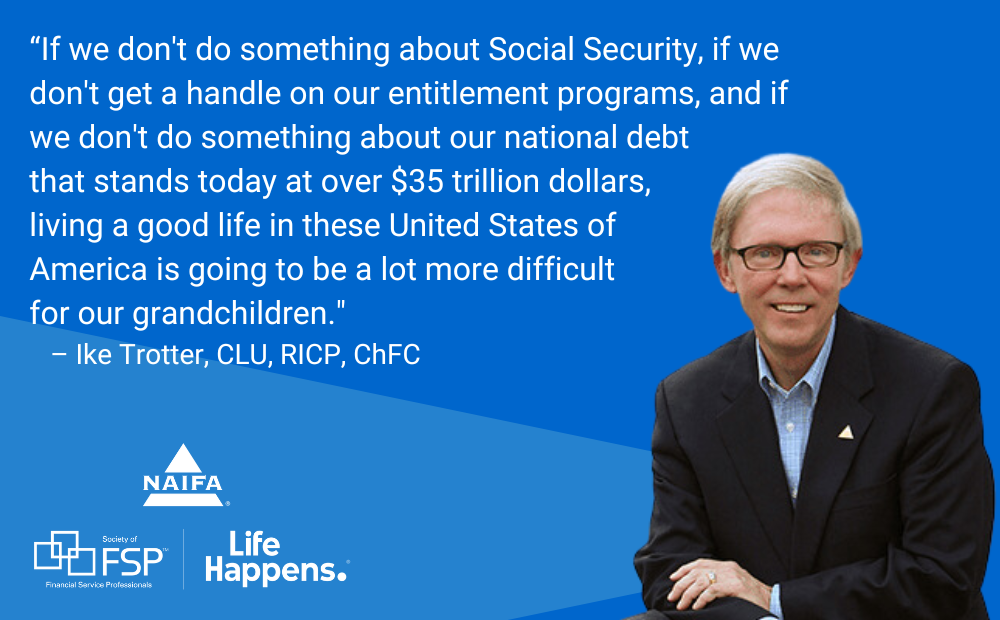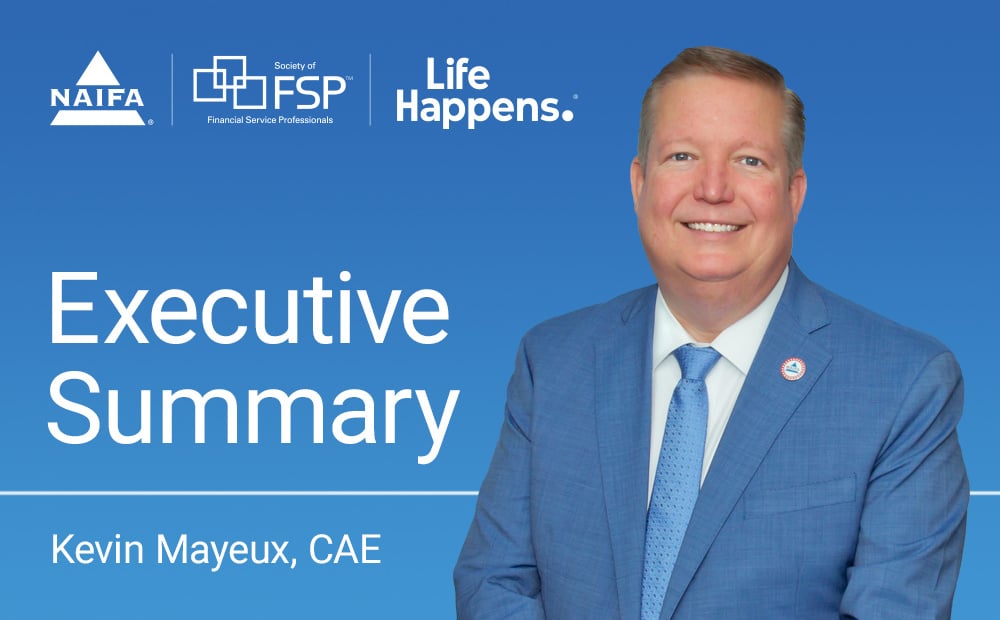I have had my share of memories regarding Presidential elections going back for some time now. Probably the first I vividly remember involved Republican challenger and Senator Barry Goldwater running against incumbent President Lyndon Johnson. I particularly remember the ad showing the potential destruction of an atomic bomb that was run by the Johnson campaign. It indicated that Senator Goldwater would be trigger-happy with the A-bomb if he won the White House. And so it has been regarding presidential elections since that time.
What has aroused my curiosity as we face this year's election concerns the discussion of Social Security and, in particular, criticism that it's not fair for taxpayers to pay income taxes on income already taxed through payroll taxes on wages received. But let's take that issue to a higher authority. A quick Google search reveals that Social Security is funded through payroll taxes paid by employees and employers as well as self-employment taxes paid by the self-employed. In 2024, employees along with their employers each pay 6.2% of wages up to a taxable maximum of $168,600. The self-employed are responsible for paying the full 12.4%.
According to the Social Security Administration, up to 85% of benefits can be taxed. The exact formula for this is a calculation known as "means testing" based on the level of income one receives at retirement. For example, if your combined income is under $25,000 (for single filers) or $32,000 (for joint filers) there is no tax on your Social Security benefits. If your income is between $25,000 and $34,000 (single filers) or $32,000 and $44,000 (joint filers), up to 50% of benefits can be taxed. And finally, for those having more than an income threshold of $34,000 (single filers) or $44,000 (joint filers), "up to 85%" of benefits may be taxable.
Let's review the facts: If you report taxable wages during a working career, you have to file a payroll tax to Social Security for 6.2% of up to $168,000 of your income. For those who are self-employed, this taxable percentage becomes 12.4% of your income. And when you retire, which can be as early as age 62, you have the potential (or what most would say the probability) of turning around and paying an income tax on your social security benefits if your income is at a certain threshold or above.
I think it's a fair question to ask if this seems fair. Does this seem regressive for those taxpayers who have already paid federal payroll taxes? But more than that, does this look like double taxation? Who in Congress came up with this great idea?
Frankly, I know more about this situation than I am indicating. The decision to tax Social Security benefits was a compromise made in 1983 between Speaker of the House Thomas "Tip" O'Neill and President Ronald Reagan. It was a compromise of tremendous proportions signaling a momentous "give and take" between factions in the Democratic and Republican parties which had previously been unable to reach an agreement. This compromise, however, did something that the architects of Social Security said would never happen in 1935 when the program was established. That is, making certain Social Security benefits under certain situations taxable.
I think it is fairly safe to say that tax policies and social programs have significantly changed from what our representatives considered back in 1983. But what is true is this: If we don't do something about Social Security, if we don't get a handle on our entitlement programs, and if we don't do something about our national debt that stands today at over $35 trillion dollars, living a good life in these United States of America is going to be a lot more difficult for our grandchildren to achieve in the years ahead. And that is a virtual truth whether a Democrat or Republican moves into the White House next January.
Ike Trotter, CLU, RICP, ChFC, is a Financial Professional in Greenville, MS. He has been a loyal NAIFA member since 1975. Opinions expressed are those of the author.





%20.png)



.png?width=300&height=600&name=Tax%20Talk%20Graphic%20-%20email%20tower%20(300%20x%20600%20px).png)
